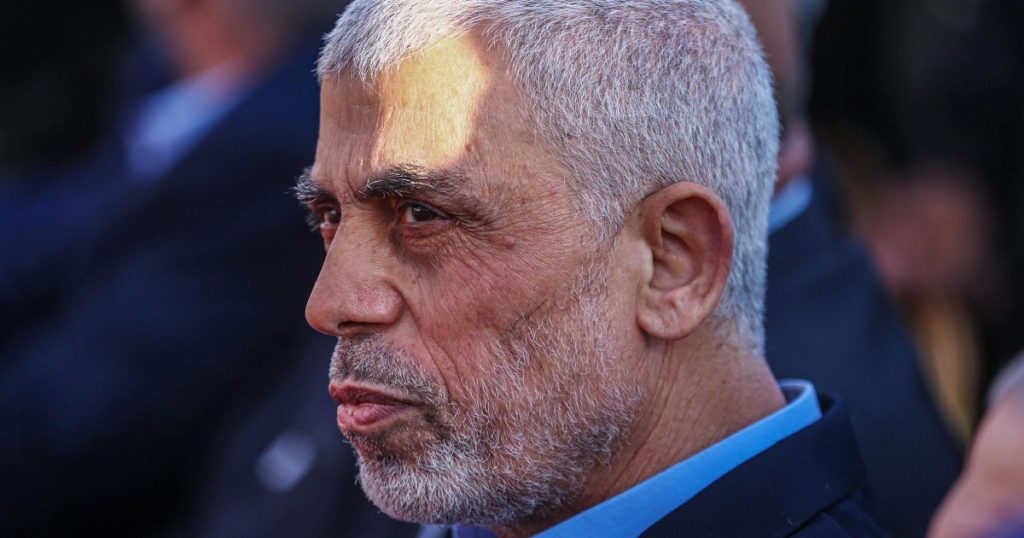Yahya Sinwar, a Hamas leader, died in battle against the Israeli army, being described as a caring father and leader of the Palestinian cause by many Palestinians, even those who did not support him. While viewed as a dangerous terrorist by Israel and its allies, he was respected in Gaza for his role in the resistance movement. Sinwar spent time in an Israeli jail where he learned about Israeli politics and military tactics before returning to Gaza to enforce Hamas policies.
Sinwar’s death in combat was seen as an honorable end for a prominent leader, sparking mourning among Palestinians in Gaza. The release of a video by the Israeli Defense Forces showing Sinwar’s apparent death was met with mixed reactions in the region, with some viewing it as a source of inspiration for resistance fighters. The deadly yearlong Israeli military campaign in Gaza has left many Palestinians feeling that armed resistance may be their only option, despite differing opinions on Sinwar’s leadership and tactics.
Hamas has faced both support and criticism within the Palestinian population, with some viewing Sinwar’s death as a setback for their cause while others see it as an opportunity for change. The rise and fall of militant leaders like Sinwar have complicated prospects for peace in the region, with little optimism for a resolution to the conflict. Israeli leaders have indicated that military operations in Gaza will continue, reinforcing the sense of ongoing war and conflict in the region.
While Sinwar’s death may not mean the end of Hamas in Gaza, the group will likely face challenges in the aftermath of his passing. The potential succession of Sinwar’s younger brother, Mohammed, raises questions about the future leadership and direction of Hamas. Despite the uncertainty, it is unlikely that a new leader would immediately seek compromise with Israel, leaving the prospect of a cease-fire distant.
The history of Hamas and previous assassination attempts on its leaders highlight the enduring nature of the conflict between Israel and the Palestinian territories. Martyrdom has long been a motivation for militants like Sinwar, reinforcing the cycle of violence and resistance in the region. The legacy of leaders like Sinwar underscores the complex and entrenched nature of the Israeli-Palestinian conflict, with few prospects for an immediate resolution or peace agreement.













